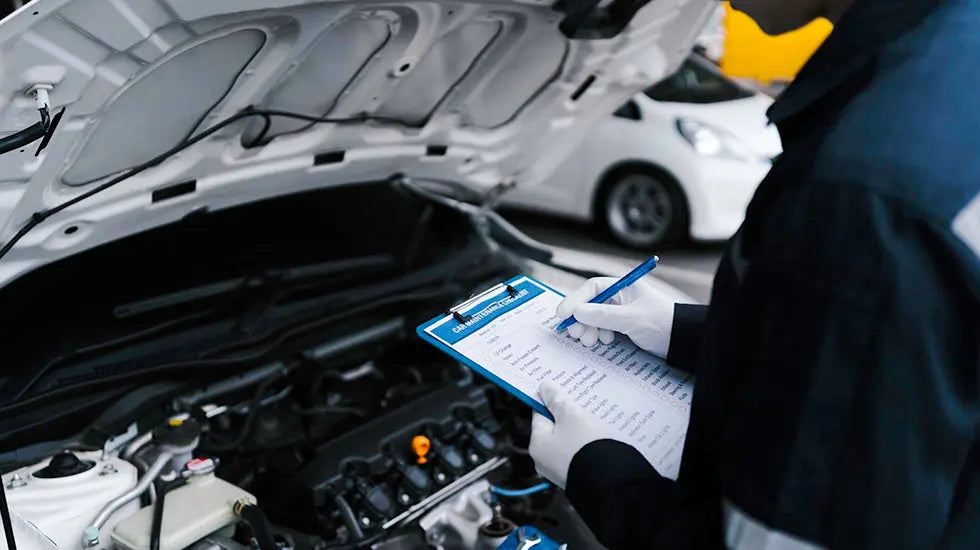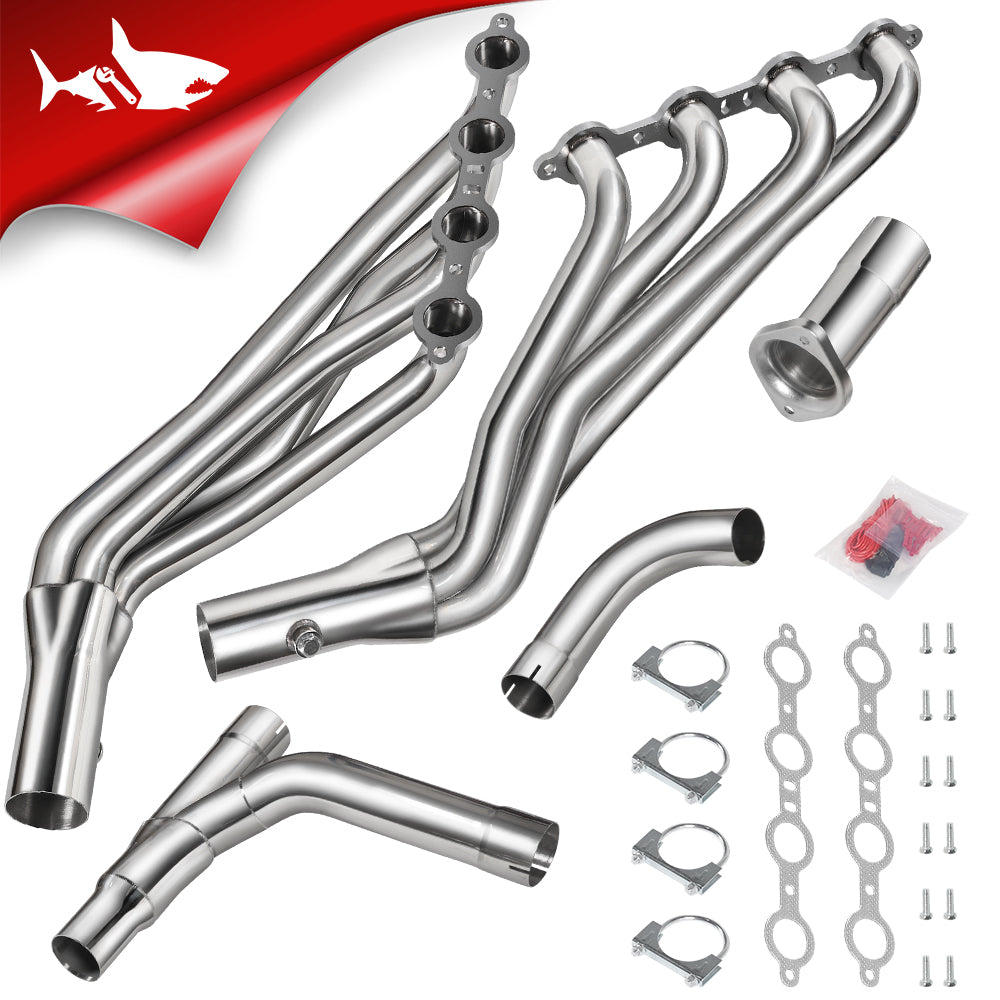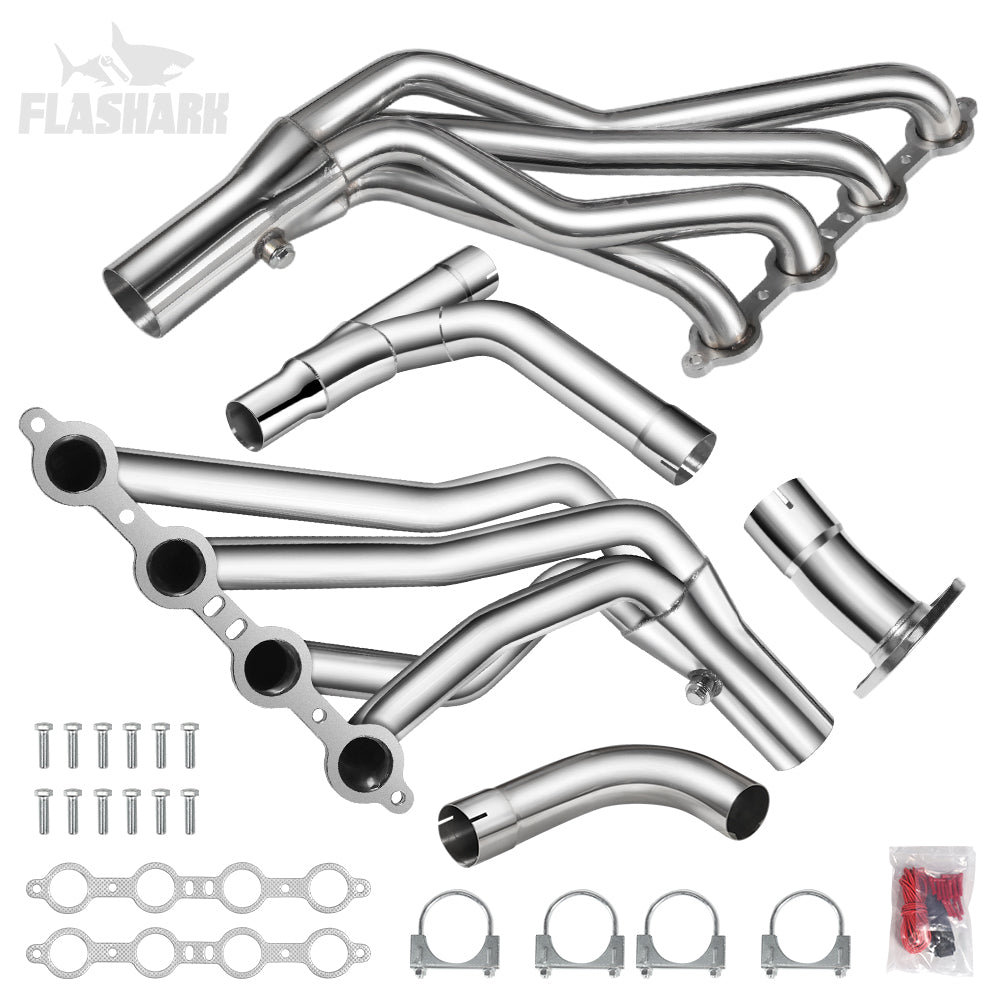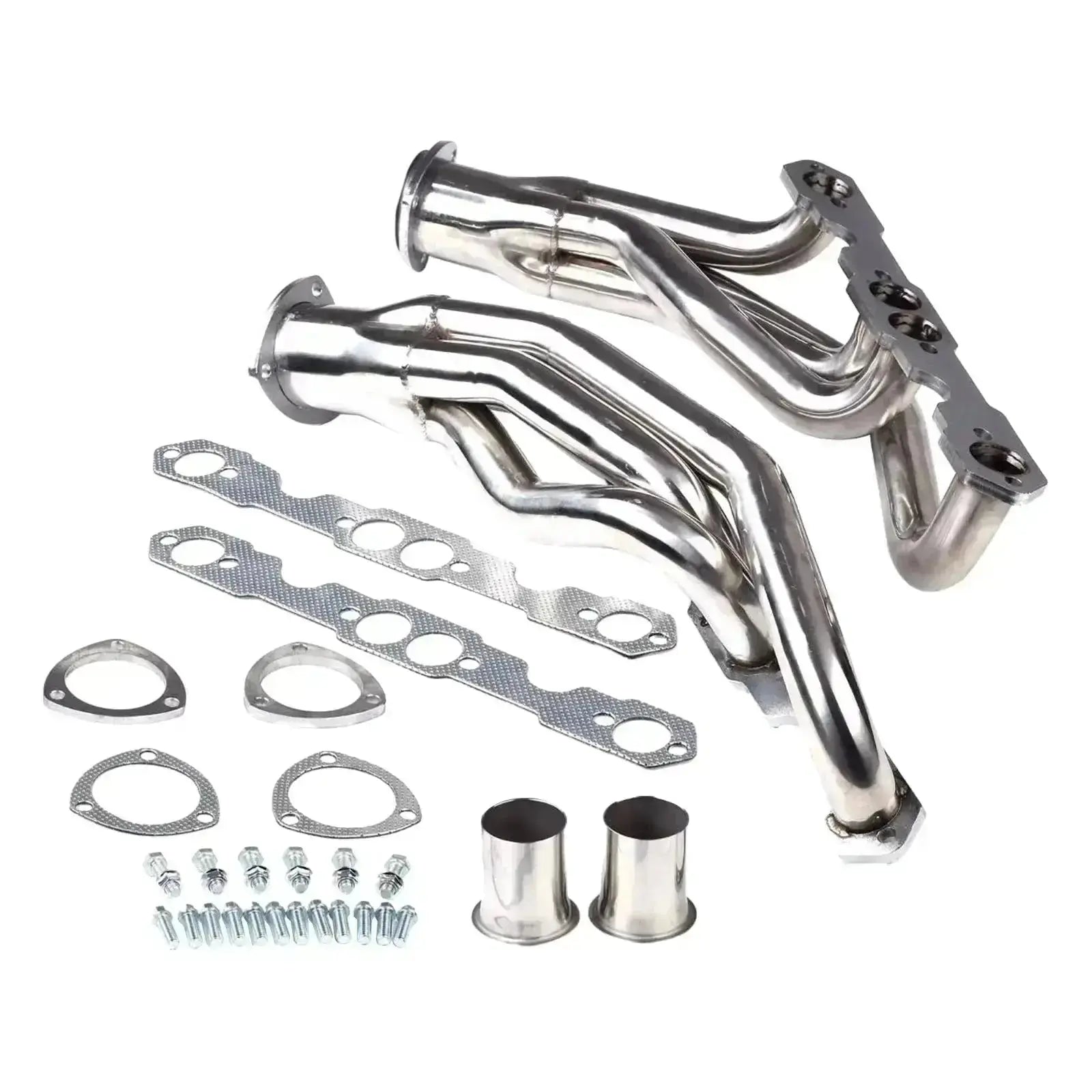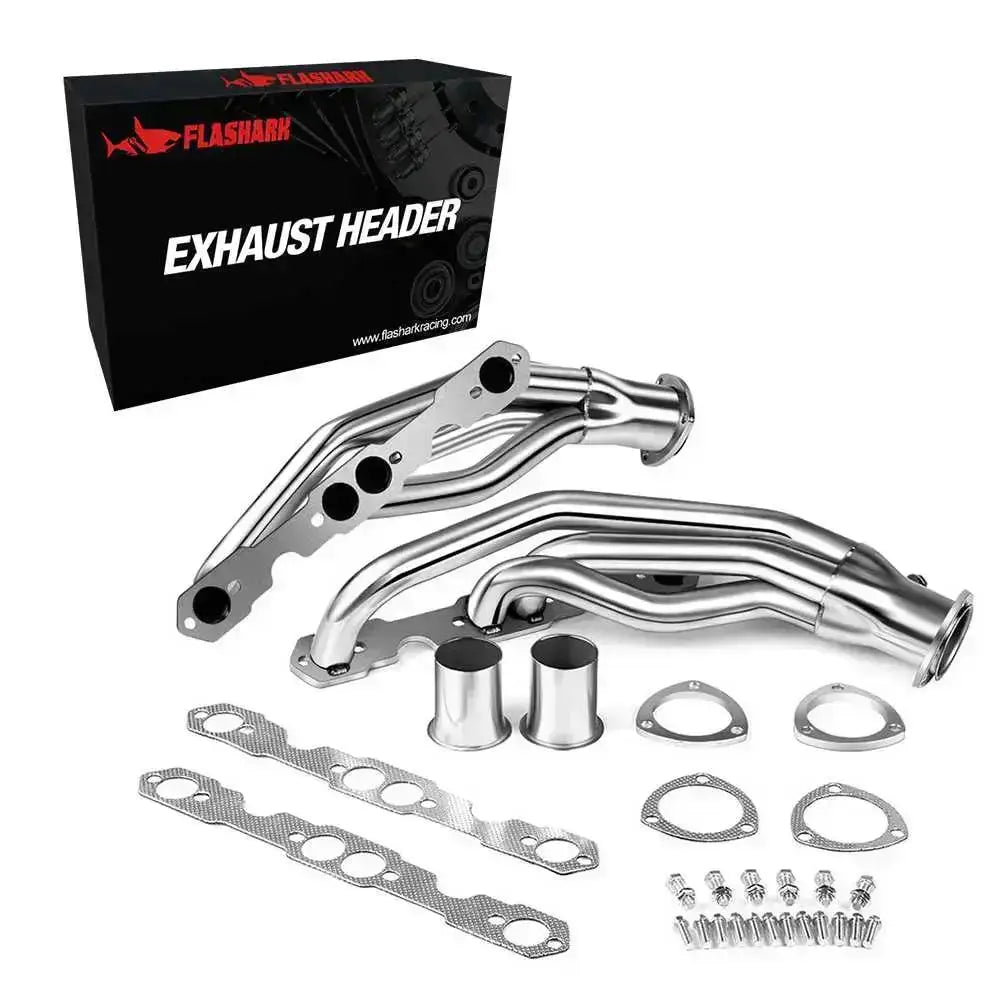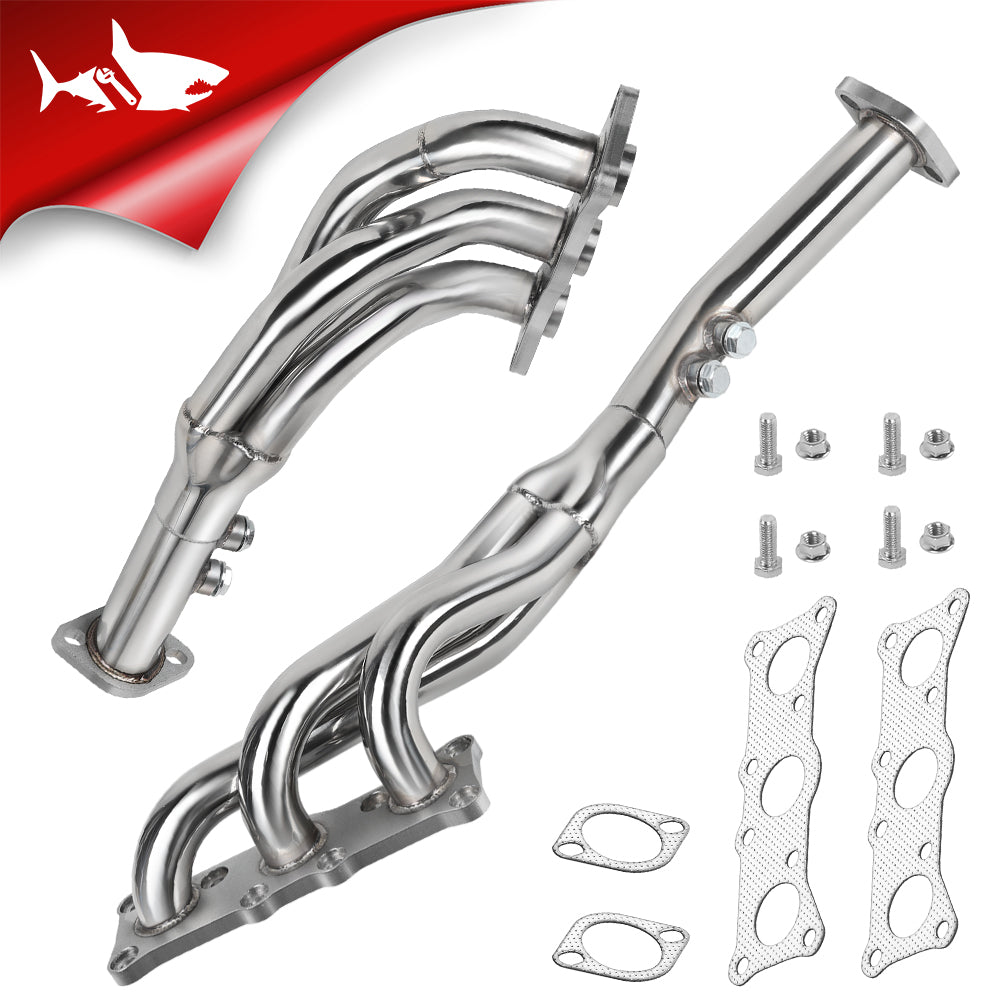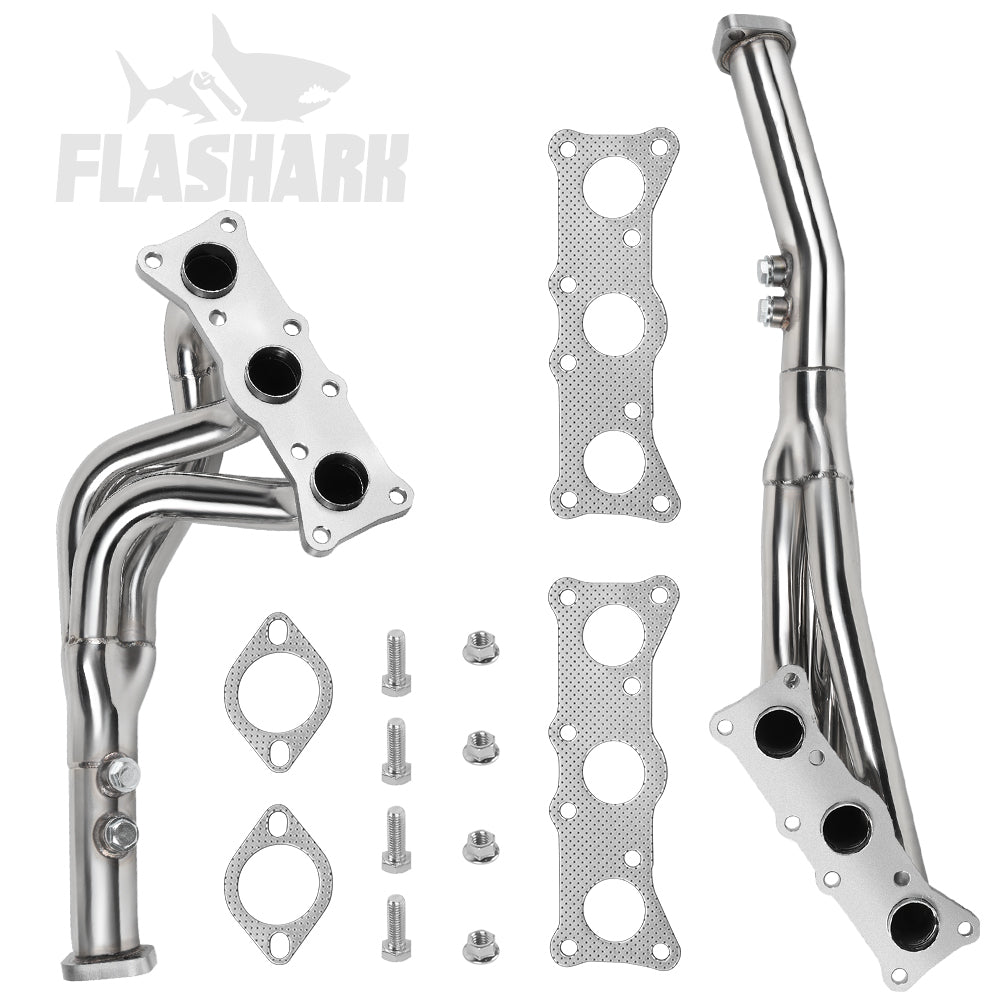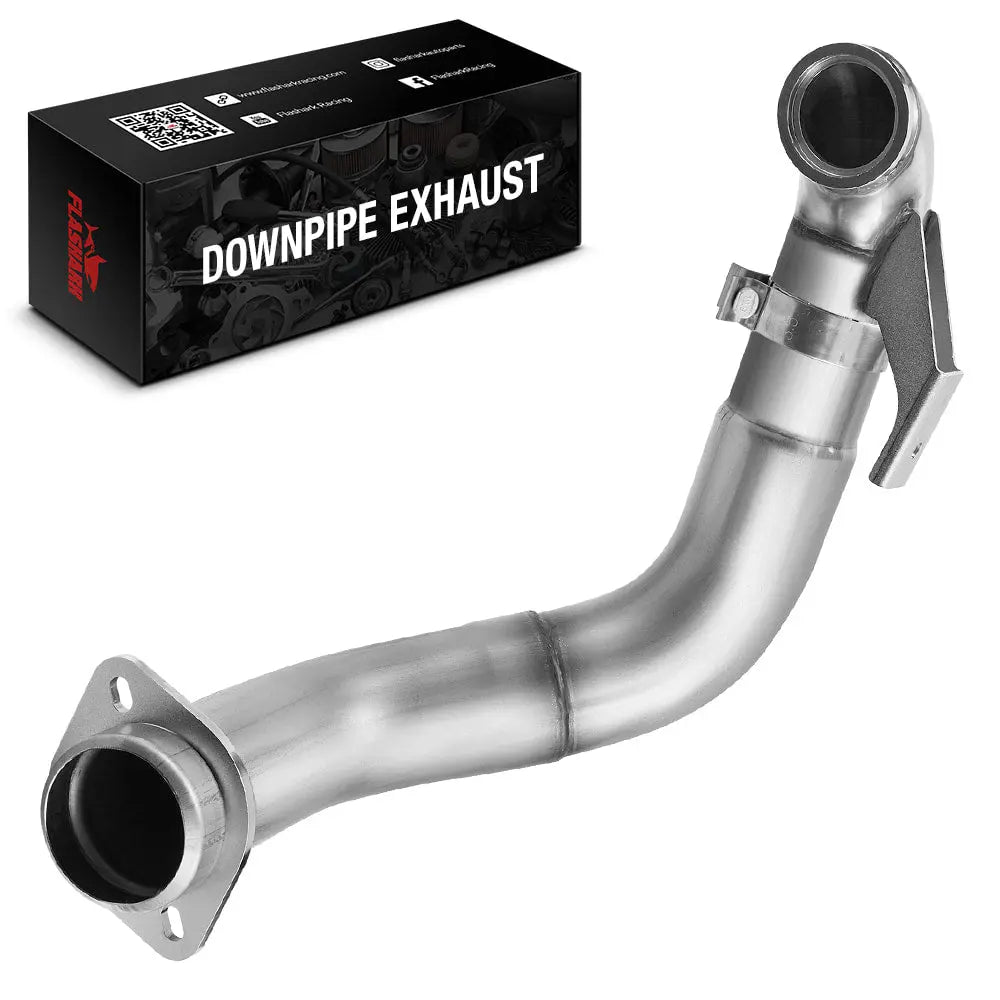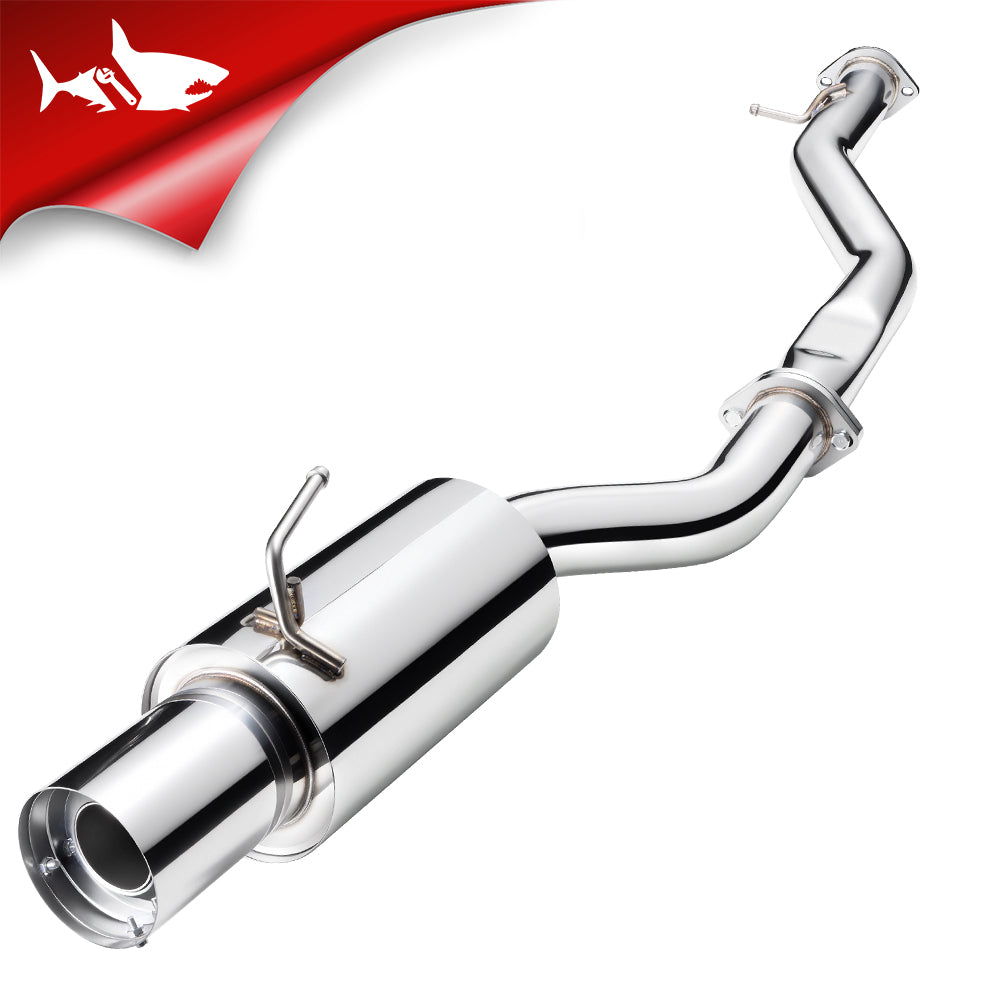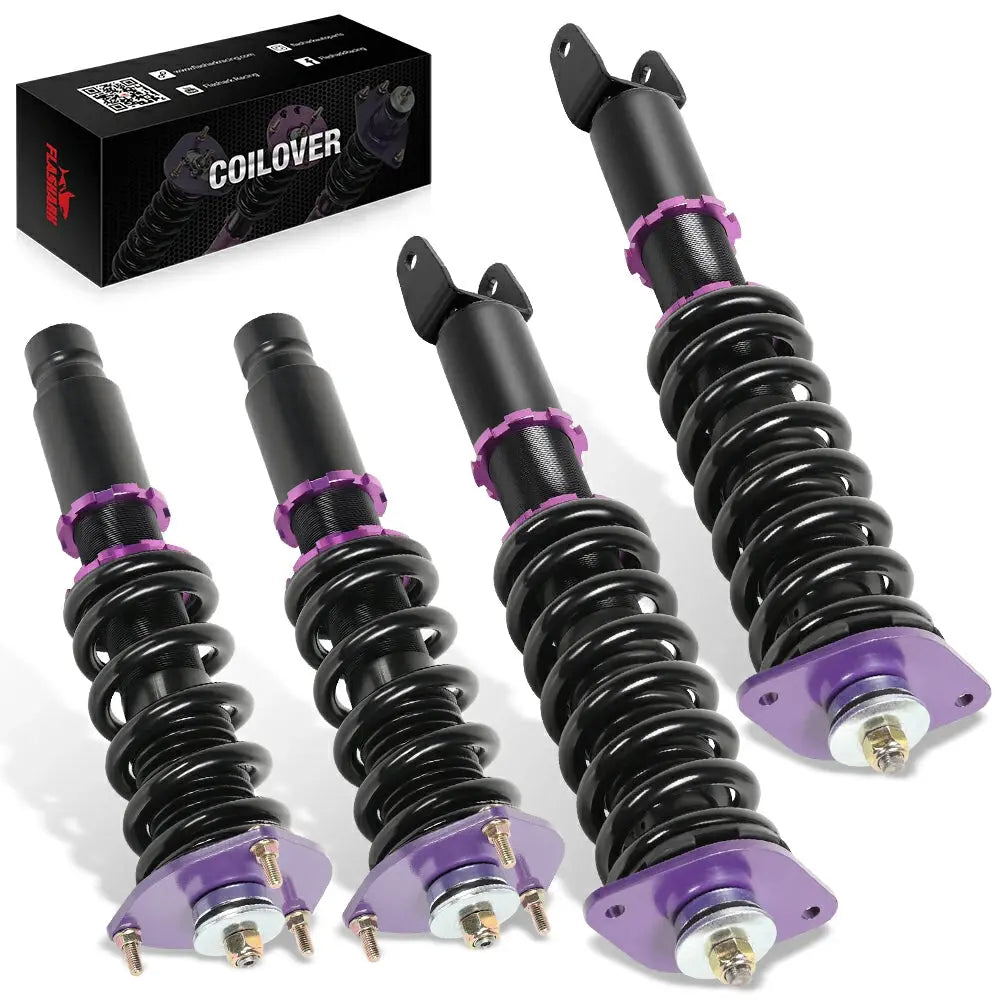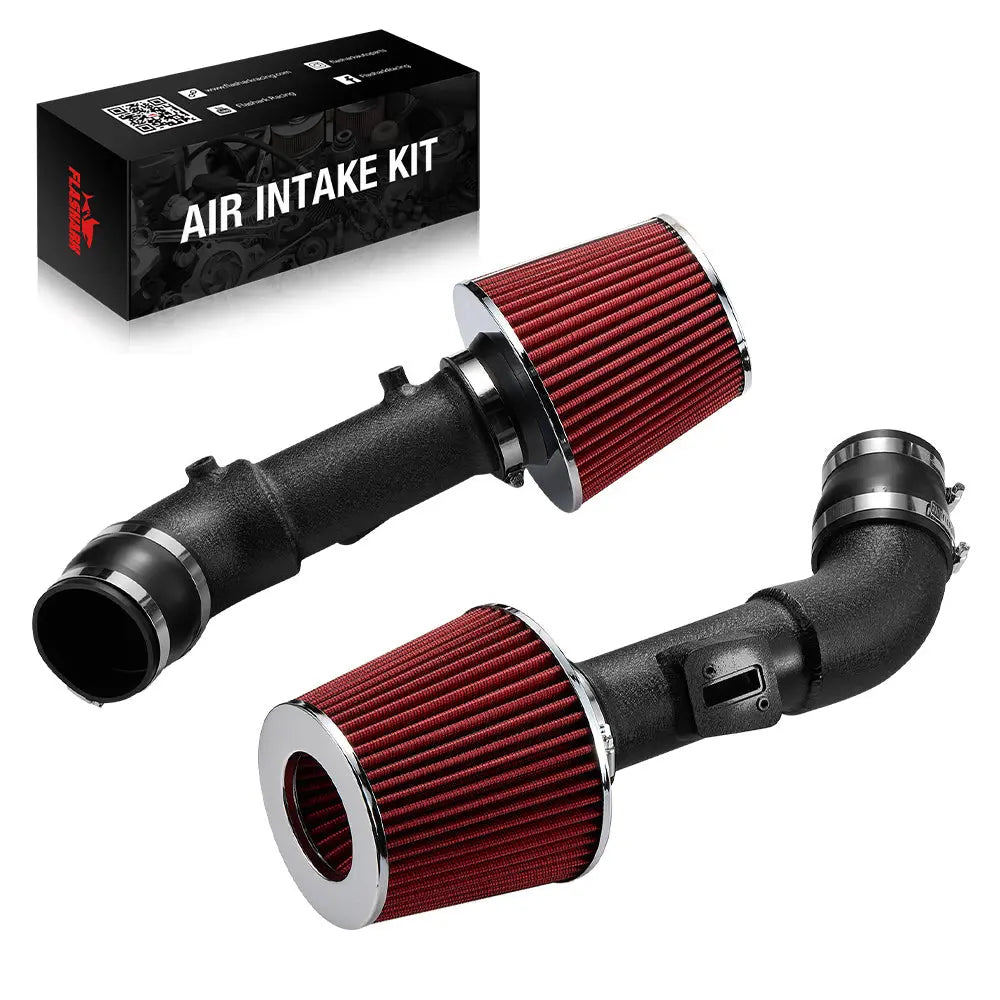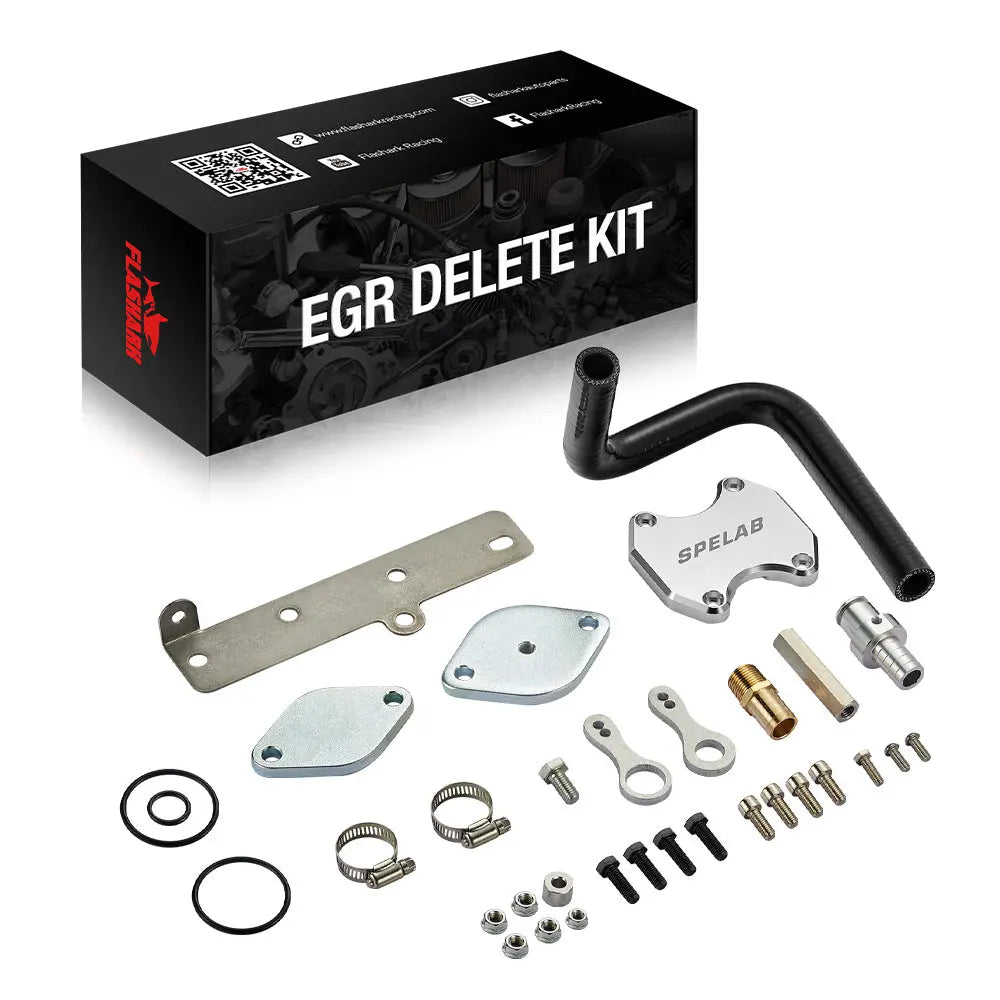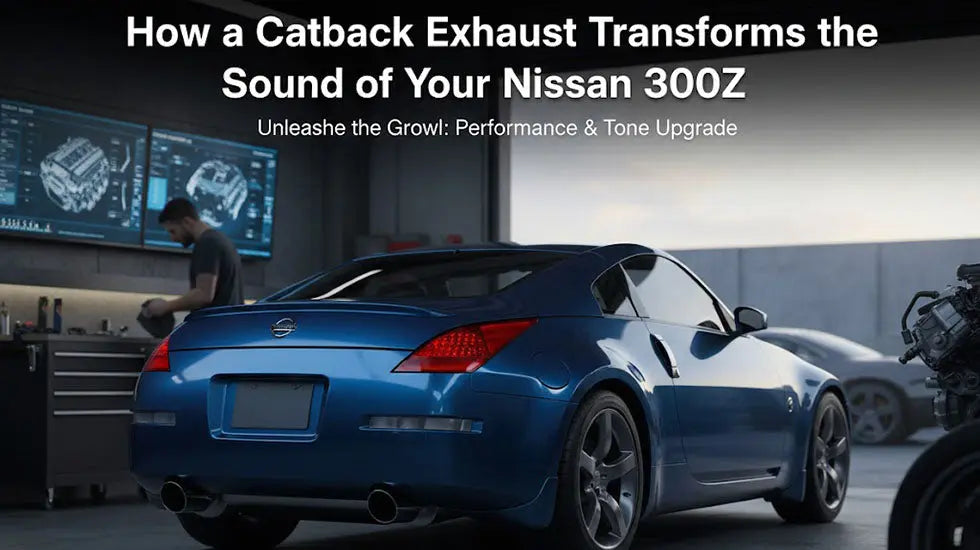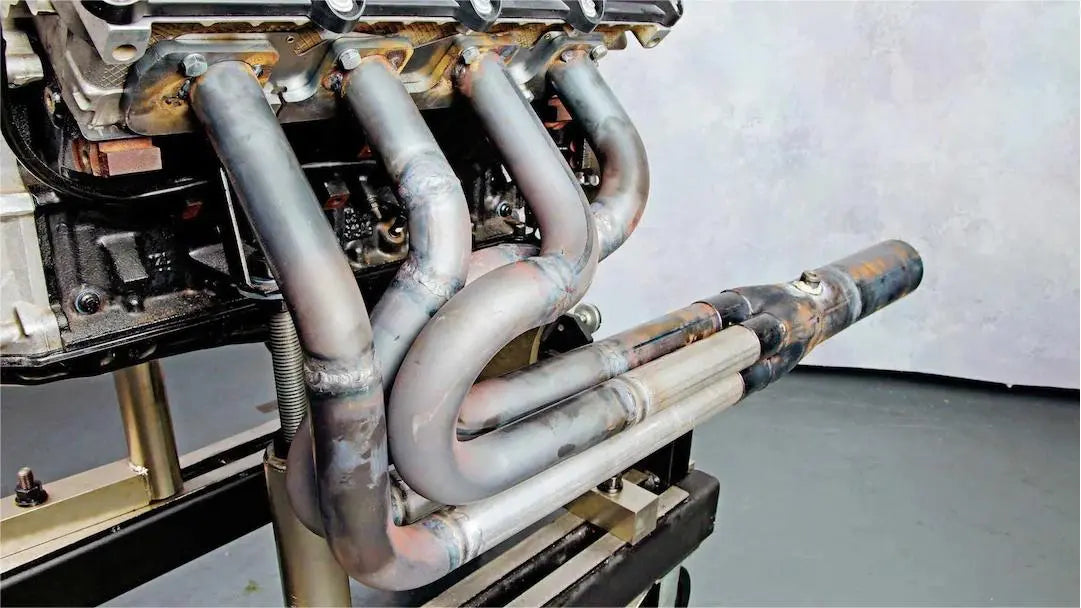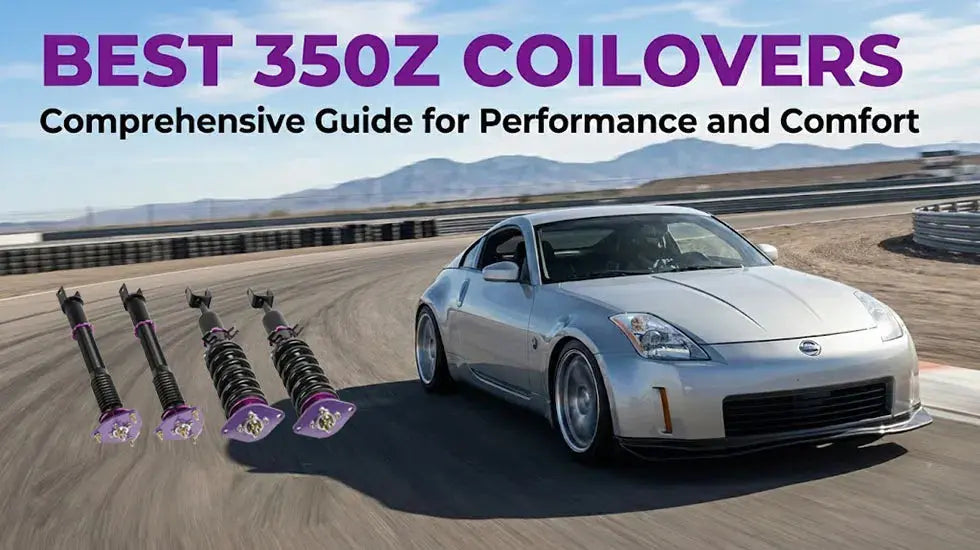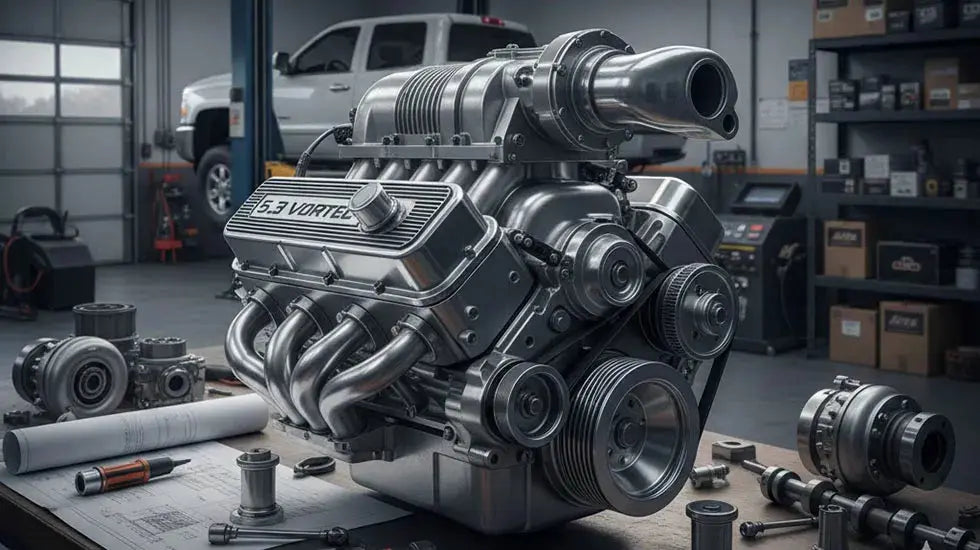Maintaining your vehicle is essential to ensure it runs smoothly and safely. Regular car maintenance not only prolongs the life of your vehicle but also enhances its performance. Here’s a comprehensive Car Maintenance Checklist to help you keep track of essential tasks.
Why Regular Car Maintenance is Important
Preventing Major Breakdowns
Regular maintenance can prevent major issues from arising. By performing routine checks, you can identify potential problems before they escalate into costly repairs.
Improving Fuel Efficiency
Regular maintenance is key to optimizing fuel consumption. Tasks like checking tire pressure and replacing air filters can significantly boost efficiency. For more tips, check out our guide on How to Improve Fuel Economy: Expert Tips for Better MPG.
Ensuring Safety
A well-maintained vehicle is safer for you and others on the road. Regular inspections of brakes, lights, and tires ensure that your car is ready to handle any situation.
Monthly Car Maintenance Checklist
Tire Pressure and Tread
Make it a habit to check your tire pressure and tread depth every month. Proper tire pressure improves fuel efficiency and handling, while sufficient tread depth ensures safety on the road. Use a tire pressure gauge for accurate readings, and consult your owner’s manual for the recommended pressure.
Oil Levels
Regularly monitor your oil levels to maintain engine health. Low oil levels can lead to severe engine damage. Check your owner’s manual for guidance on how to inspect oil levels and the recommended frequency for oil changes.
Coolant Check
The cooling system is crucial for engine performance. Monthly checks can prevent overheating and engine damage. Ensure the coolant is at the proper level, and inspect for leaks in hoses and connections.
Battery Maintenance
Check your battery for corrosion and ensure that connections are tight. A healthy battery is vital for starting your car and powering electrical systems. Test your battery’s charge regularly, especially before long trips.
Quarterly Car Maintenance Checklist
Oil and Filter Change
Fresh oil and clean filters are essential for engine longevity. Depending on your vehicle, you may need to change the oil every 3,000 to 10,000 miles. Consult your owner’s manual for specific recommendations.
Fuel Filter Replacement
A clean fuel filter keeps your fuel system running efficiently. Replace it quarterly to avoid clogs that can hinder engine performance.
Exhaust System Inspection
Regularly inspect your exhaust system for leaks or damage. Unnoticed leaks can lead to decreased fuel efficiency and increased emissions.
Tire Rotation
Rotate your tires every few months to promote even wear and extend their lifespan. This practice also enhances handling and driving comfort.
Biannual Car Maintenance Checklist
Air Filter Replacement
A clean air filter supports optimal engine performance by ensuring a steady airflow. Replace it every six months to improve fuel efficiency and reduce emissions.
Cooling System Inspection
Inspect the cooling system for wear and tear. Check radiators, water pumps, and hoses to prevent overheating and coolant leaks.
Brake System Check
Inspect brake pads, rotors, and fluid regularly to ensure safe operation. Worn brakes can compromise safety, so address any issues immediately.
Lubrication of Moving Parts
Regularly lubricate doors, locks, and hinges to prevent wear and ensure smooth operation. This simple task can prolong the life of these components.
Annual Car Maintenance Checklist
Spark Plug Replacement
New spark plugs are crucial for proper engine ignition. Replace them annually to maintain engine performance and efficiency.
Transmission Fluid Check
Check your transmission fluid regularly to keep your transmission functioning properly. Follow your vehicle manufacturer’s recommendations for fluid changes.
Suspension System Inspection
Inspect the coilovers and shocks for any signs of wear. A well-functioning suspension system ensures a smooth ride and better handling.
Wheel Alignment
Proper wheel alignment improves driving control and extends tire life. Check alignment annually or whenever you notice uneven tire wear.
Signs You Shouldn’t Ignore
Engine Noise or Rough Idling
Unusual engine noise or rough idling can indicate serious issues. Address these symptoms promptly to avoid further damage.
Excessive Exhaust Smoke
Different colors of exhaust smoke can signal engine problems. Consult a professional if you notice white, blue, or black smoke.
Decreased Fuel Efficiency
A sudden drop in fuel economy can be a sign of an underlying issue. Check your vehicle for any maintenance needs if you notice decreased efficiency.
Unresponsive Brakes
If your brakes feel spongy or make unusual noises, seek professional help immediately. Brake issues can be dangerous and should never be ignored.
Tips for Prolonging Your Vehicle’s Lifespan
Using Quality Parts
Investing in high-quality parts is essential for vehicle longevity. Quality components perform better and last longer than cheaper alternatives.
Upgrading Exhaust and Intake Systems
Enhancing your vehicle’s exhaust system can significantly improve performance. Upgrading to aftermarket headers allows for better exhaust flow, reducing back pressure and increasing horsepower. Headers are a great starting point for achieving improved engine efficiency and sound.
Installing a high-performance Air Intake Kit enhances airflow to your engine, improving combustion efficiency and power output. These kits allow your engine to breathe more freely, resulting in better throttle response, increased fuel efficiency, and overall performance gains.
Adding Fuel Additives
Fuel additives can help clean the fuel system and enhance efficiency. Use them as needed to keep your engine running smoothly.
When to Visit a Professional Mechanic
Complex Engine Repairs
Certain tasks require professional tools and expertise. If you're facing complex engine issues, don’t hesitate to consult a mechanic.
Brake and Suspension Services
Brake and suspension systems are critical for safety. Always seek professional help for maintenance or repairs in these areas.
Conclusion
Following a comprehensive car maintenance checklist is essential for ensuring your vehicle runs smoothly and safely. Proactive maintenance saves you money and improves the reliability of your car. By keeping track of these tasks, you’ll extend the lifespan of your vehicle and enjoy a more reliable driving experience.

